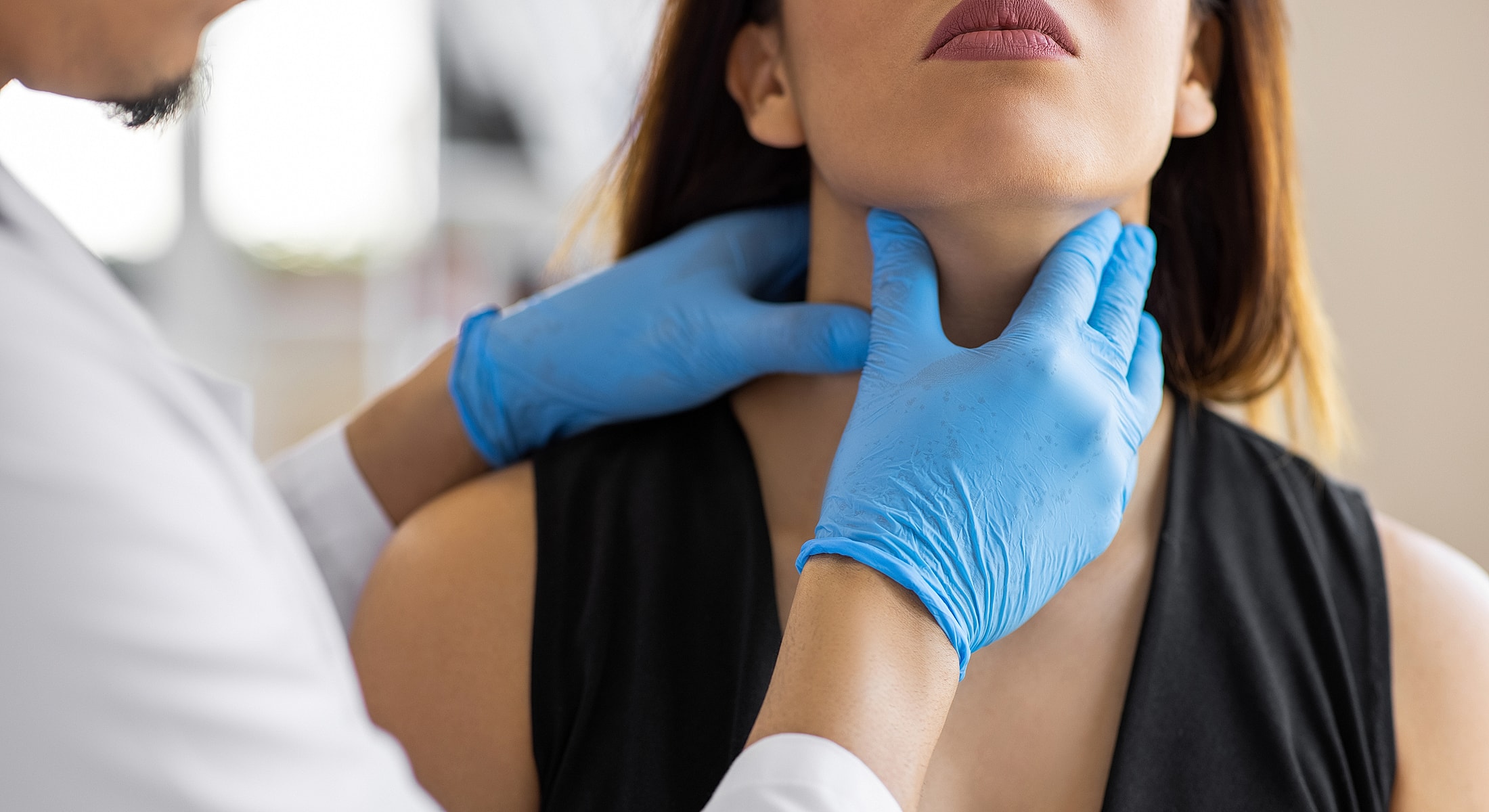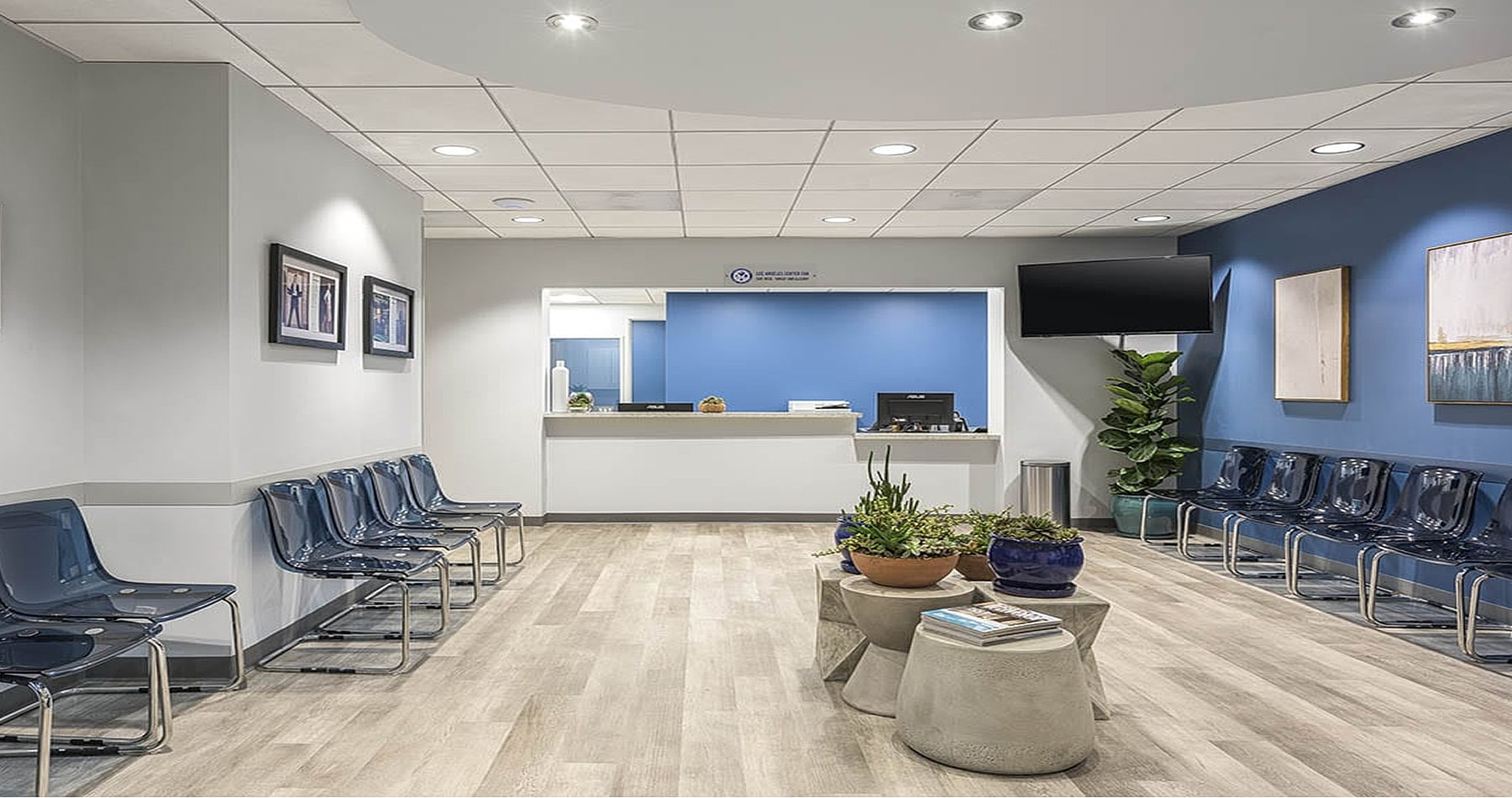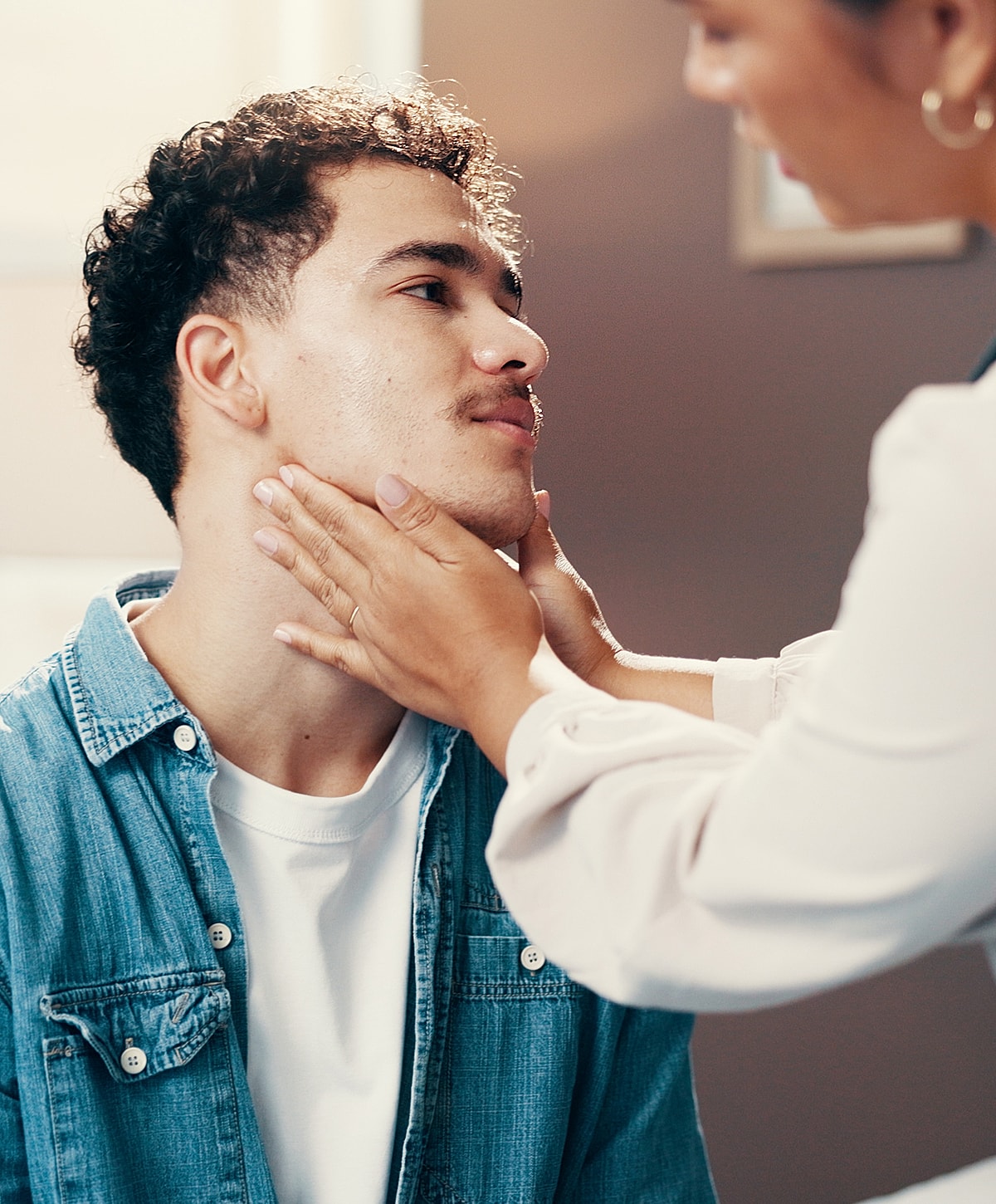Our experienced, board-certified surgeons specialize in the safe removal of lymph nodes, using minimally invasive techniques whenever possible. From biopsies to addressing recurring infections, we provide tailored and empathetic care.

















Lymph nodes are an essential part of your immune system, helping filter infections and harmful substances. However, when they become persistently enlarged or tender, it may indicate an infection, inflammation, or even cancer. In some cases, surgical removal is necessary for diagnosis or treatment.
At SoCal ENT, our board-certified surgeons offer expert lymph node removal using the latest minimally invasive techniques. Whether you're dealing with a suspicious lump, a known diagnosis, or recurrent infections, we provide personalized care focused on safety, accuracy, and peace of mind.





Lymph node removal, also known as lymphadenectomy or lymph node excision, is a surgical procedure used to remove one or more lymph nodes for diagnostic or therapeutic purposes. This may be recommended when there's concern about infection, inflammation, or cancer.
Depending on your case, we may remove a single node to test for disease or several nodes to manage known conditions. Most lymph node removal procedures focus on the neck, armpit, or groin, areas where enlarged lymph nodes are commonly found.
Your ENT specialist will guide you through the decision process after reviewing your symptoms and test results. Surgical removal of lymph nodes is typically recommended when there are:
That don’t improve over time
Either originating in the lymph node (lymphoma) or spreading from other areas (metastasis)
Causing discomfort or abscesses
When biopsies or imaging suggest something suspicious
We tailor each lymph node procedure to match the underlying concern:
This approach involves removing one lymph node for testing. It's ideal when a lump requires evaluation for cancer or infection and allows for precise diagnosis with minimal tissue disruption.
When several nodes in a specific region are affected, this targeted approach removes only the necessary cluster. It's often used to stage cancer or assess its potential spread.
For widespread disease or advanced cancer, we may need to remove a group of lymph nodes in a region. This helps control disease progression and improves long-term outcomes.

Lymph node surgery offers both diagnostic and therapeutic value. It helps:
Surgical removal can also reduce the risk of cancer spreading and support your immune system’s ability to function effectively.
You may be a candidate for lymph node removal if:
Our Palmdale Lymph Node Removal specialists will carefully assess your health history, imaging results, and symptoms to determine if surgery is the most appropriate next step.

Most Palmdale Lymph Node Removal patients recover quickly after lymph node removal. It’s normal to experience mild tenderness or bruising near the incision, which usually fades within a few days. Most people return to normal activities within a week or two, depending on the type of procedure performed.
You may have sutures or a small dressing to protect the surgical area. Following your doctor’s instructions, like keeping the area clean and limiting strenuous activity, will help ensure a smooth recovery. We'll also provide personalized aftercare guidance to support healing.


Following a lymph node removal Palmdale patients often notice relief from swelling or discomfort soon after surgery. Lab results from the removed lymph node usually arrive within a few days. These findings help us determine whether additional treatment, such as radiation, chemotherapy, or further monitoring, is needed.
If your lymph node is benign, you may not require any further intervention. If cancer is detected, we’ll work closely with you to create a personalized treatment plan.
If you’ve had a persistent or painful lump that hasn't improved, or if imaging has raised concerns, a consultation with one of our board-certified specialists can help determine the next steps.
Our doctors make every effort to create small incisions in discreet areas, resulting in minimal scarring.
Yes, most insurance plans cover medically necessary lymph node removal. Our team can verify your coverage.
Most lymph node surgeries are completed in under an hour, though more extensive cases may take longer.